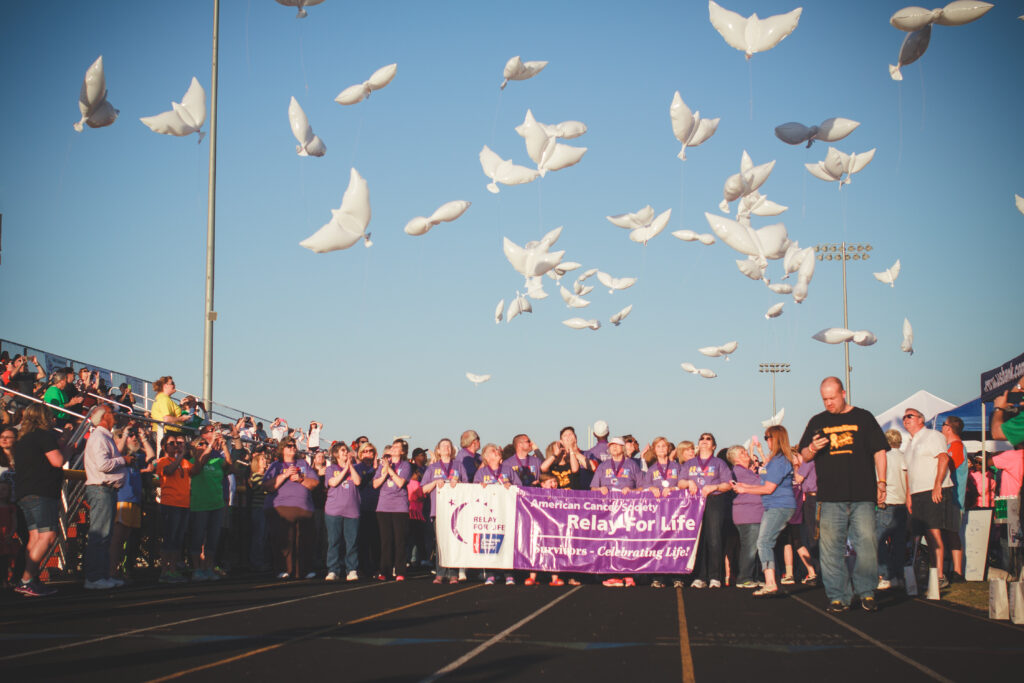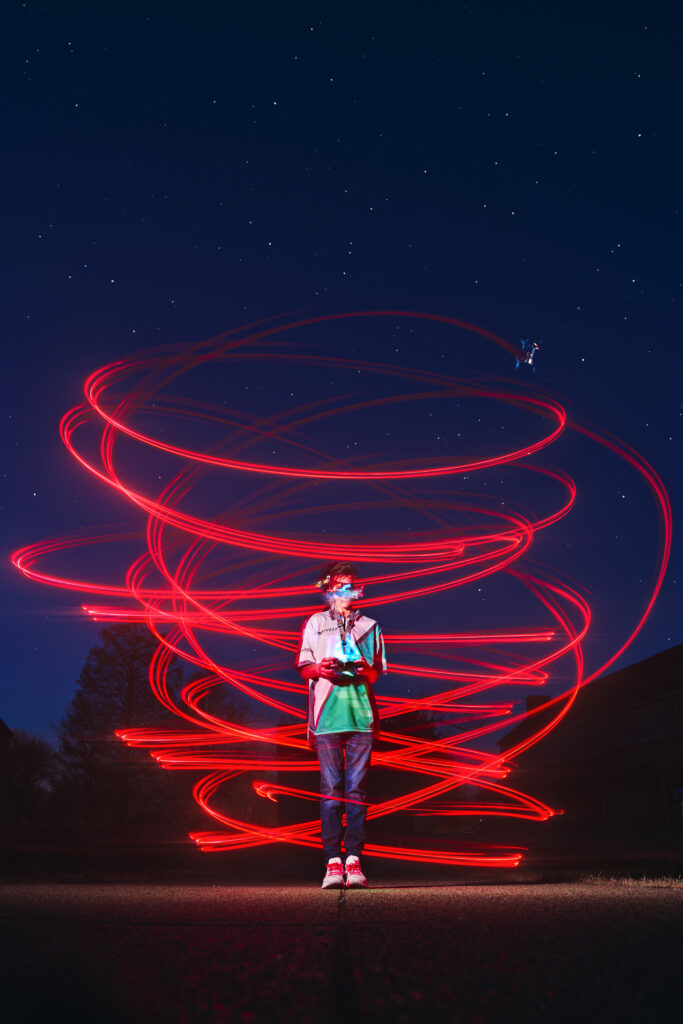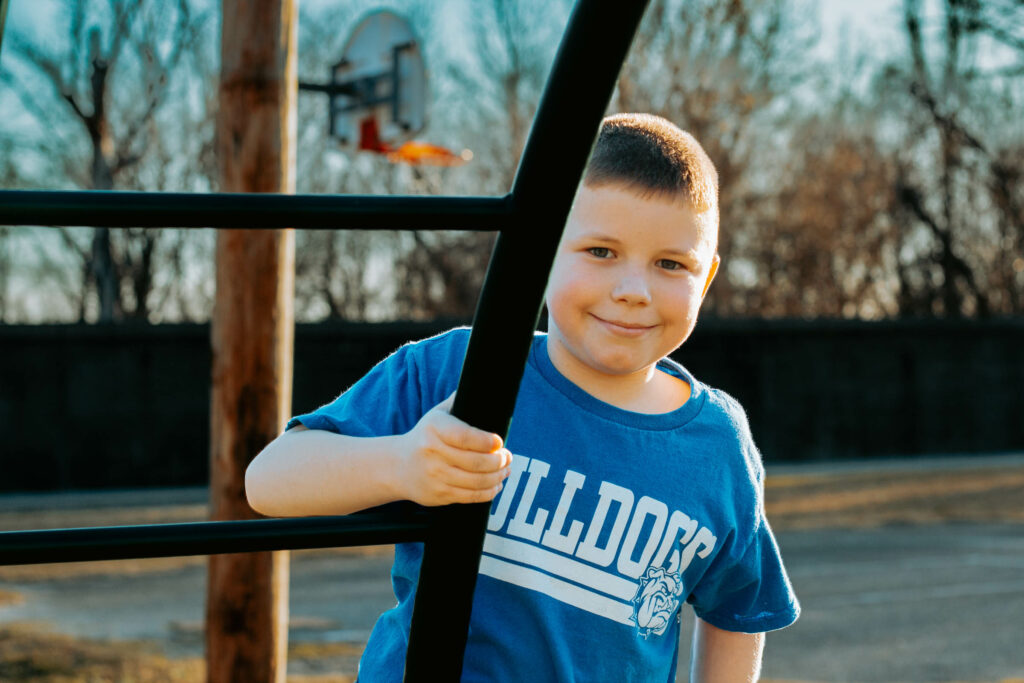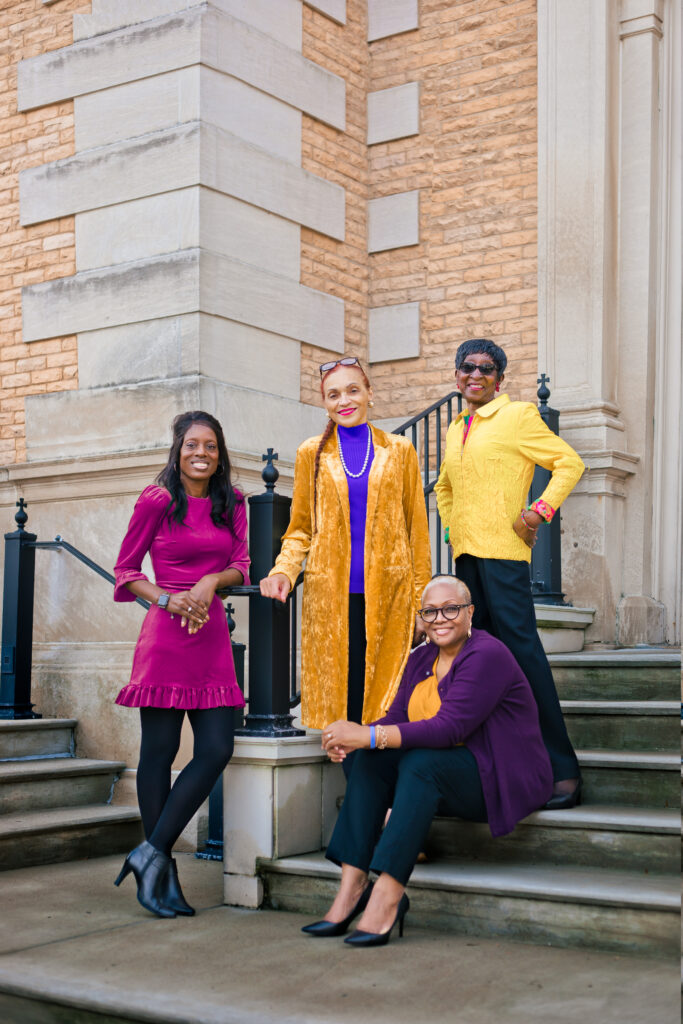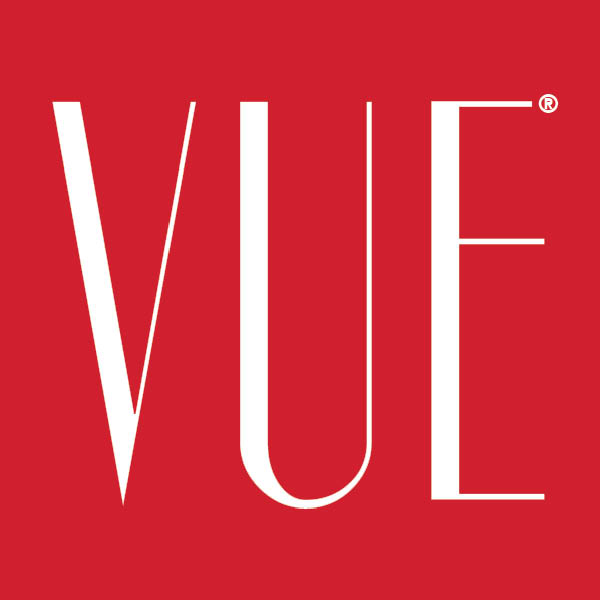“Life is what happens to you when you’re busy making other plans.” -John Lennon
I glanced at the clock to read 8:24 when I answered the phone that morning, having just returned from taking my second grader to school. When the doctor’s nurse began with, “I’m sorry to have to tell you this,” I braced myself for the impending blow of her next words.
“You have breast cancer.”
Experts have said that when faced with a personal crisis, every person goes through at least two of the five stages of grief (denial, anger, bargaining, depression, and acceptance). By the time I had finished that phone call, I was no exception. Alone and reeling from the delivery of the news, I drove to my son’s school and into the principal’s office, blurting out what I’d just been told. I believe the Lord puts the right people in our path in times like this. The most maternal of women, she wrapped her arms around me and said
“Do you know how to eat an elephant?”
My brain was still not fully functional yet; I wasn’t sure I heard her correctly. She repeated the question, but this time followed up with the answer.
“One bite at a time.”
She went on to explain the Desmond Tutu quote, encouraging me that what lies ahead seemed daunting, overwhelming, and even impossible but can be accomplished gradually by taking on just one “bite” at a time; words that provided a small glimmer of light on a dark and scary path ahead. I am thankful I didn’t have to go through this difficult journey alone. Through two years and seven surgeries, I was blessed to have many friends and professionals like Susan Higdon to provide the physical and emotional support I needed when my spirits lagged. With breast cancer awareness being a featured part of this month’s issue, I thought I would use my own story to show what helped get me through my own experience with the disease.
Every 13 minutes, a woman dies from breast cancer. It is the second most diagnosed cancer among women in the U.S.
Lifetime Risk: In the United States, a woman’s lifetime risk of being diagnosed with invasive breast cancer has increased since 1975. (ACS, 2021; DeSantis et al., 2021)
2021: 1 in 8 (12.8%)
1975: 1 in 11 (9.09%)
TAKE HUMAN BITES
My grandmother’s take on the “how to eat an elephant” quote, most often uttered at her kitchen table to one or more of her grandchildren. It also serves as great life advice for taking on breast cancer. Trying to digest a diagnosis and treatment options in one bite is like taking a drink of water from a firehose. As my friend Thea (who also faced diagnosis/treatment for breast cancer at a young age) said, you go from running a household and feeling invincible to a gut check possibility of death. It is vital with a diagnosis to take it slow and control the flow of information in and out. Cancer has a language all its own, and there is no Rosetta Stone option to help you fast-track it through this process. It’s like an AP foreign language class you never want to take, but you will learn quickly what all these scary terms mean. Keep a notebook and write everything down so that you can work on digesting it a little at a time. More than anything, do not ever be afraid to ask doctors to explain things you don’t understand. Reserve your right to be heard; this is your journey.
The Discovery
“It was all a dream.”
-Biggie Smalls
I knew from the start I was covered in a supernatural level of protection. I dreamed I was lying in an operating room with my pastor standing over me, fervently praying. Brother Carey Puckett had been my pastor my entire life but had passed away nearly ten years prior. I woke up and spoke to him as if he were still standing beside me, asking him for a noticeable sign if there was anything more to that dream.
A few weeks later, I had a very visible sign something was wrong. A boatload of diagnostic tests showed no abnormalities, prompting my doctor to pat me on the back and assure me it was probably hormone-related and I was fine. Uncomfortable with that prognosis, I asked for a second opinion with a surgeon – a move that ended up saving my life. A biopsy revealed an early forming but aggressive cancer making it’s way “Pac-Man” style through my right breast.
One study estimated that 128,000 Americans annually are injured because of a missed cancer diagnosis. Medical errors are still the third leading cause of death in America.
DELEGATE, DON’T ABDICATE
For me, it’s the most important lesson of breast cancer can be summed up in three words… ‘Trust your gut.’ I view health as a personal responsibility that starts with the choices we make. I have and will never be able to completely outsource my wellbeing to another person, even a doctor- based on a ten-minute appointment while wrapped in an ill-fitting hospital gown. Even the biggest control freak must learn to let go and delegate responsibilities sometimes, and learning I had cancer was one of those times. The first thing I had to do was assemble a medical team with the express purpose of handing control over to them but still feeling that they worked for me. I studied doctors’ education and work history, then interviewed several until I found the group (oncologist, surgeon, and plastic surgeon) who fit my personal priorities. Even now, in any situation regarding my health, I keep a demand for a high level of communication with a doctor, which gives me a sense of security in any health situation I am in. Dr. Luis Concepcion and his team were a remarkable choice and one I never regretted making.
EXPECT THE UNEXPECTED
“You always had the power, my dear, you just had to learn it for yourself.”
– ‘The Wizard of Oz’
My family was the strongest resource I had throughout cancer, constantly reminding me that I already possessed everything I needed to get through it. They understood it sucked and was overwhelming at times, but it would never be more than I could handle, even with the constant curveballs cancer throws at you along the way. It can be a struggle to find a rhythm to life when you are one blood draw, cat scan, or medical emergency away from life being upended again. In a matter of months, I went from one doctor’s assurance that I was healthy to an oncologist’s explanation that my prognosis hinged on whether the cancer had reached my lymph nodes.
In early 2009, weeks away from completing breast reconstruction, I woke up the morning after a workout with a 103-degree fever and was later diagnosed with a massive staph infection that ate through my right-side pectoral muscle in three places. It was six weeks of high-dose antibiotics, and daily doctor visits before they removed the expanders, and two different doctors told me the muscle was too damaged to complete breast reconstruction. I asked my plastic surgeon for six months to let the muscle heal, began yoga for mobility and acupuncture to restore blood flow. I went back to the gym, and for six months, it was “chest day every day.” That fall, we went back into the operating room where my good luck streak continued, with more than enough muscle to begin a second reconstruction. Three surgeries later, in June of 2010, Dr. Concepcion proclaimed I was cancer-free and released me with the final instructions to go “live a normal life.”
SEQUERE VIAM TUAM
“FOLLOW YOUR WAY”
Every person’s experience with cancer is unique to the person going through it. My diagnosis felt like I’d been strapped into a high-speed roller coaster. I was fully braced and “white-knuckled, determined to do what I had to do – knowing at some point the ride would stop and I could get off. I had the good fortune of an early diagnosis that spared me the horrors of chemo or radiation, but the most difficult turn was the one after cancer-when I kept trying to turn back to life before my diagnosis. I had forgotten life doesn’t give the option of getting “back to.” I was never going to be the person I was at 8:23 AM before that initial phone call, and realizing that was, for me, the hardest part of cancer. The tipping point came when Rhonda Turner, a close family friend who had been diagnosed with breast cancer not long after me – lost her battle in 2011. Survivor guilt is a real thing, but at her funeral, I vowed to use all of it in some way. Larger cancer centers have “cancer navigators,” people with the job of walking patients through the process to make it understandable. I wanted to create a business to do the same for people who want a healthier lifestyle. There is no one-size-fits-all approach to life after cancer, but for many, it starts with finding a community, and fitness was just a natural fit for my background.
Unless you have the BRCA gene mutation that places you at a much higher risk of developing breast cancer, you’ll never know why you got it. Your mission is to figure out the “hows.”
How do I get through this?
How do I move on from it?
And to that, I can only answer… One bite at a time.


